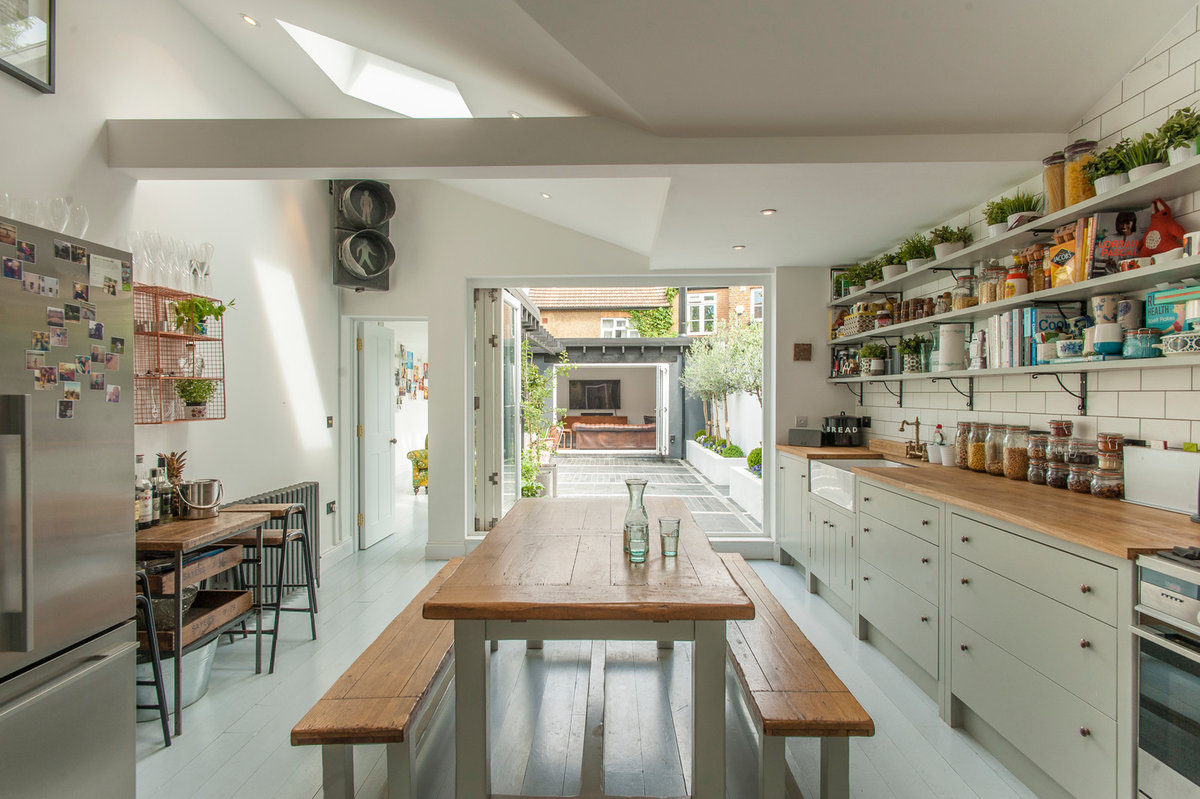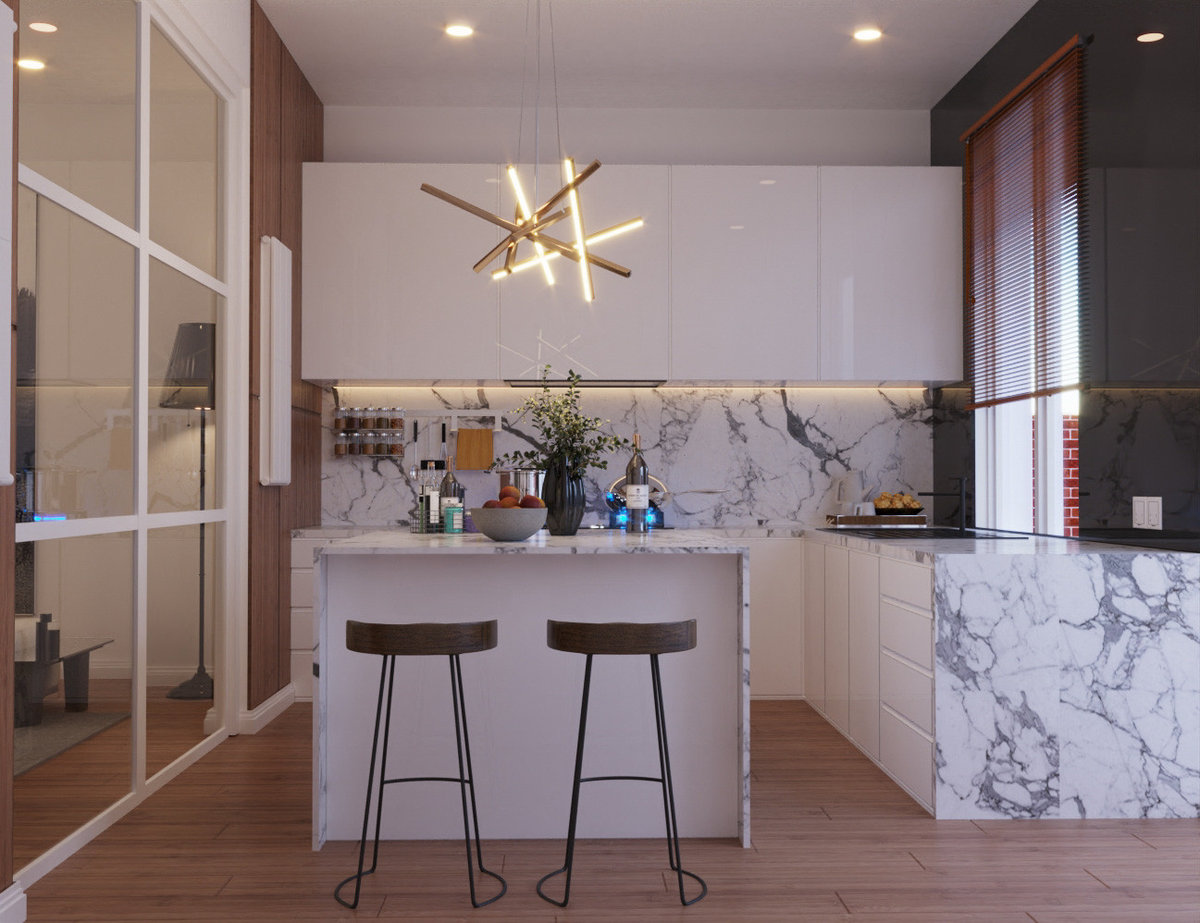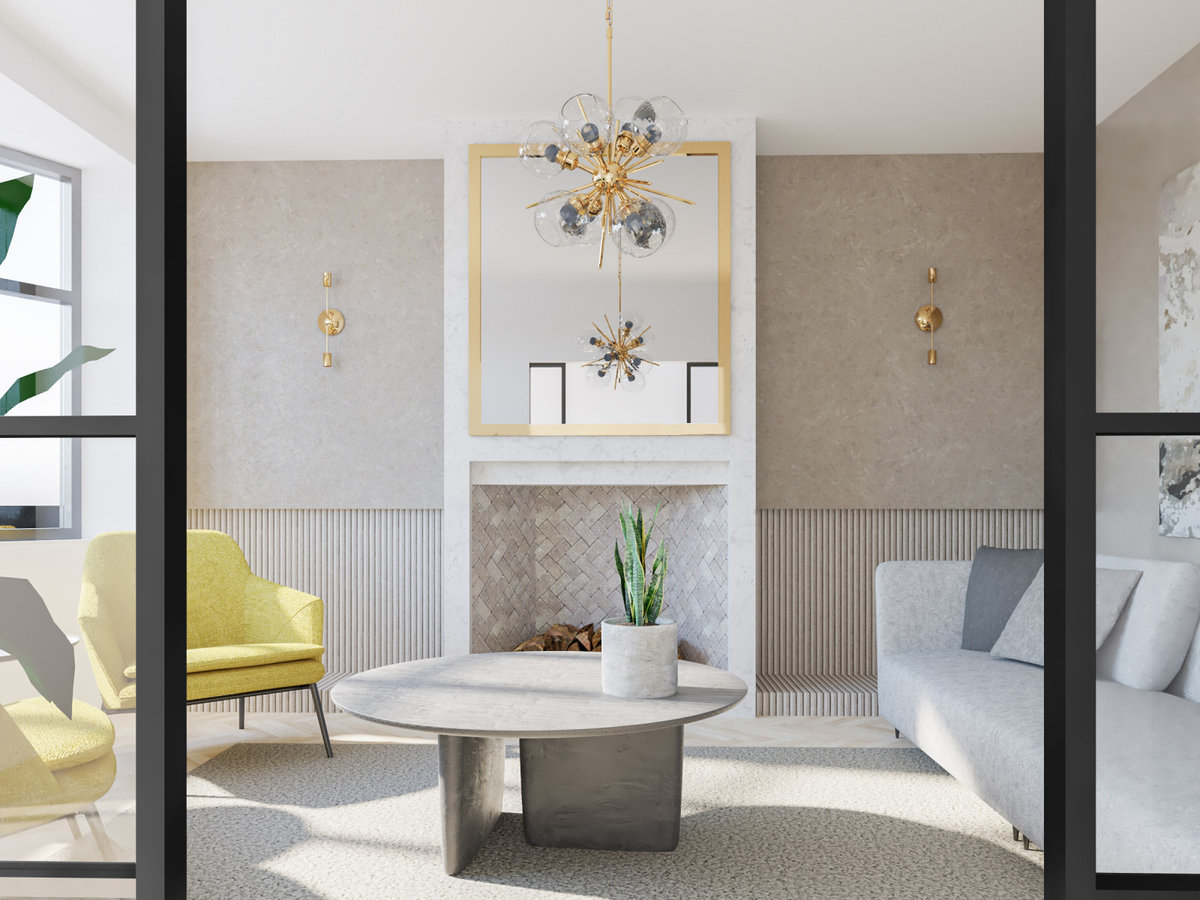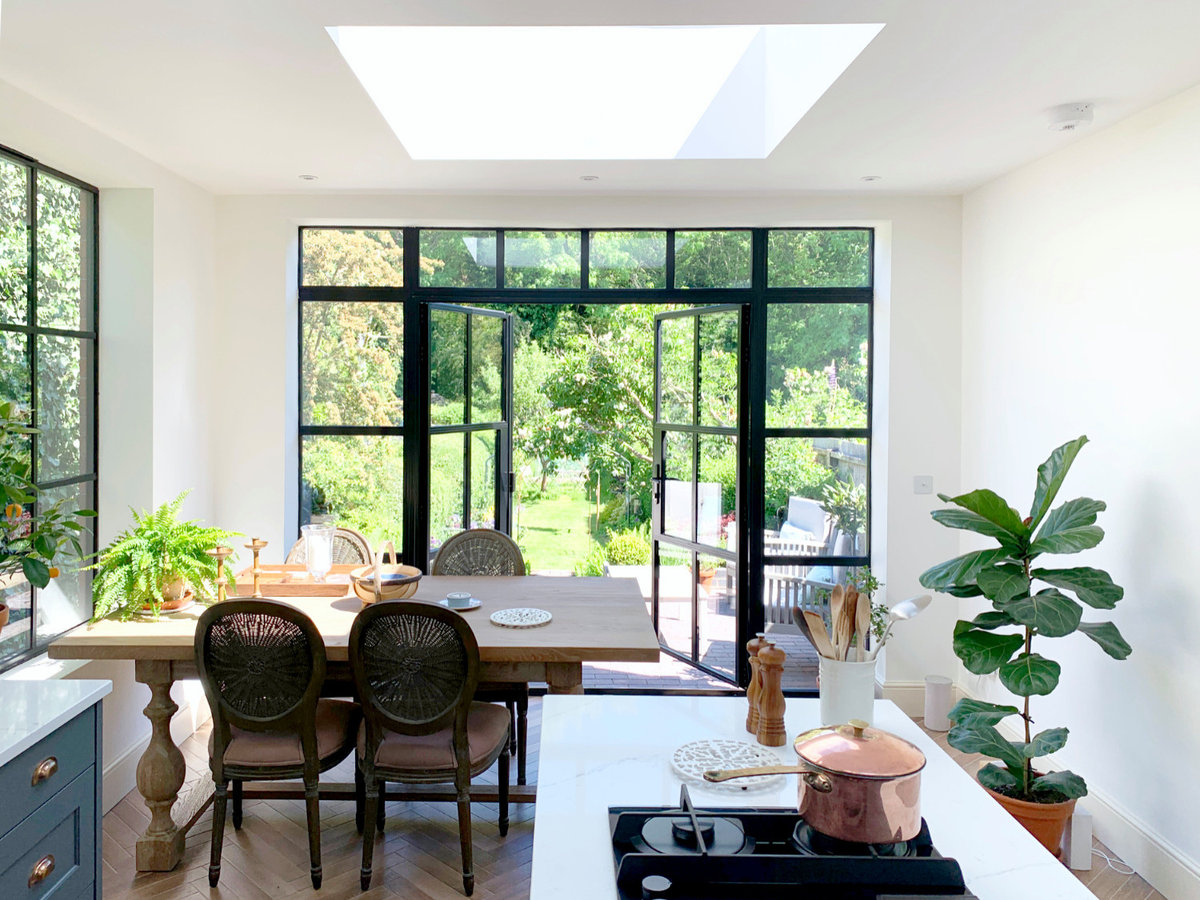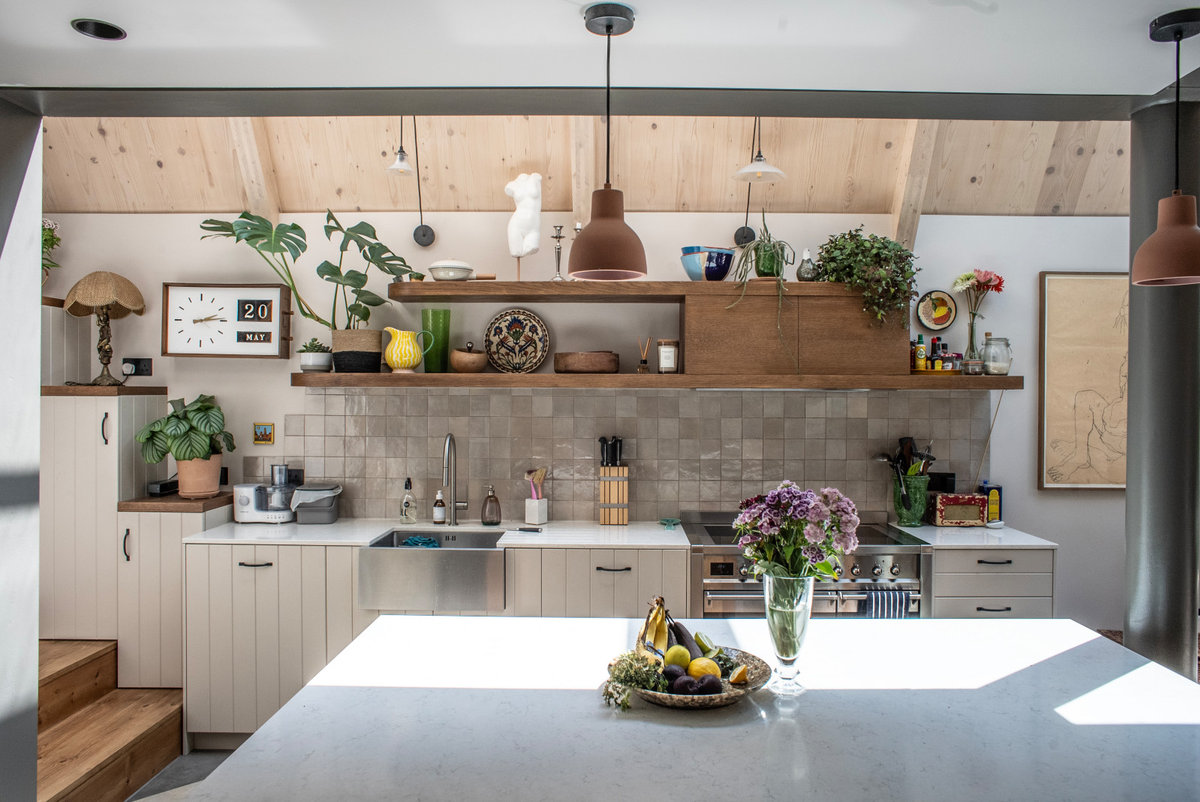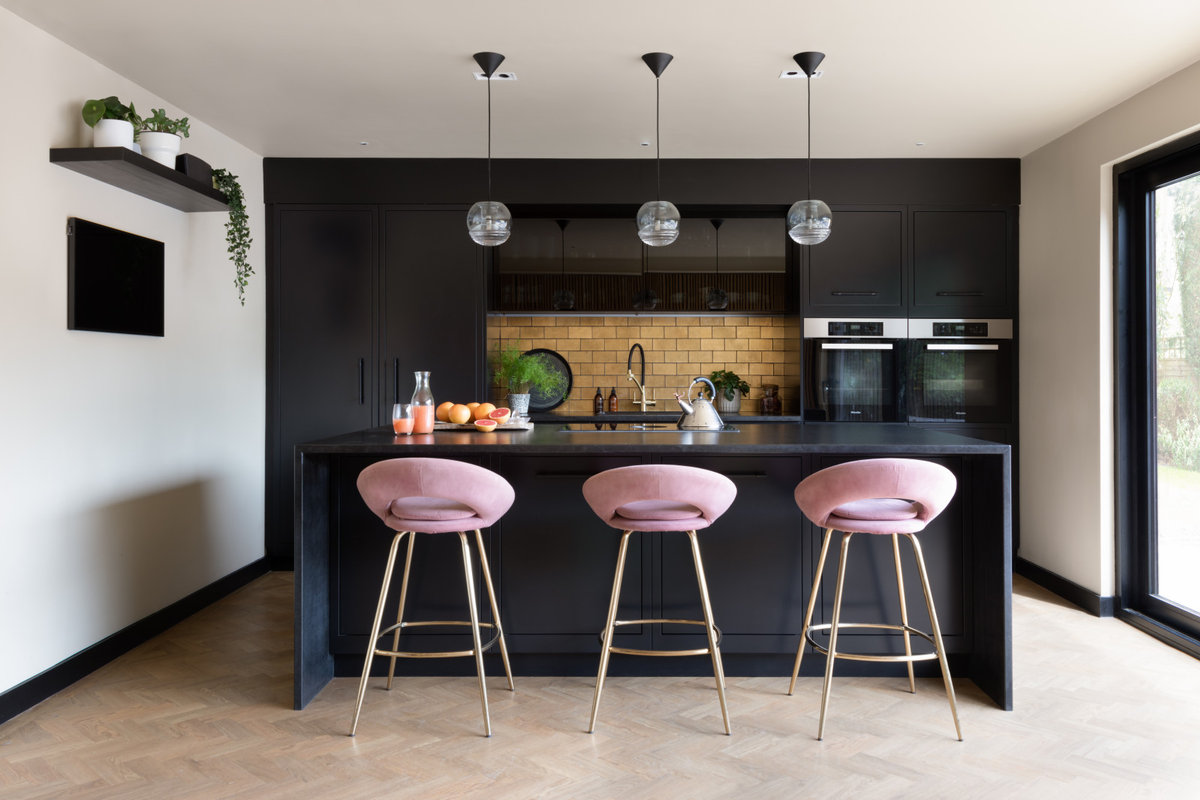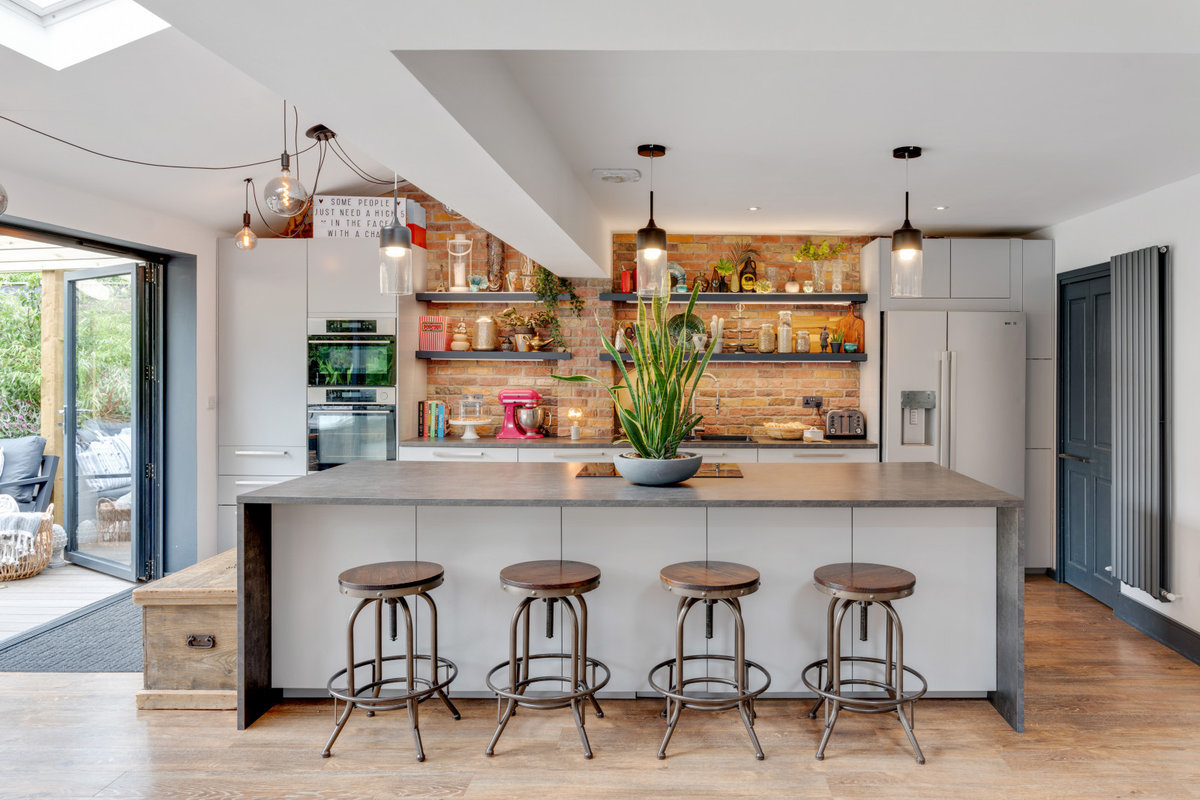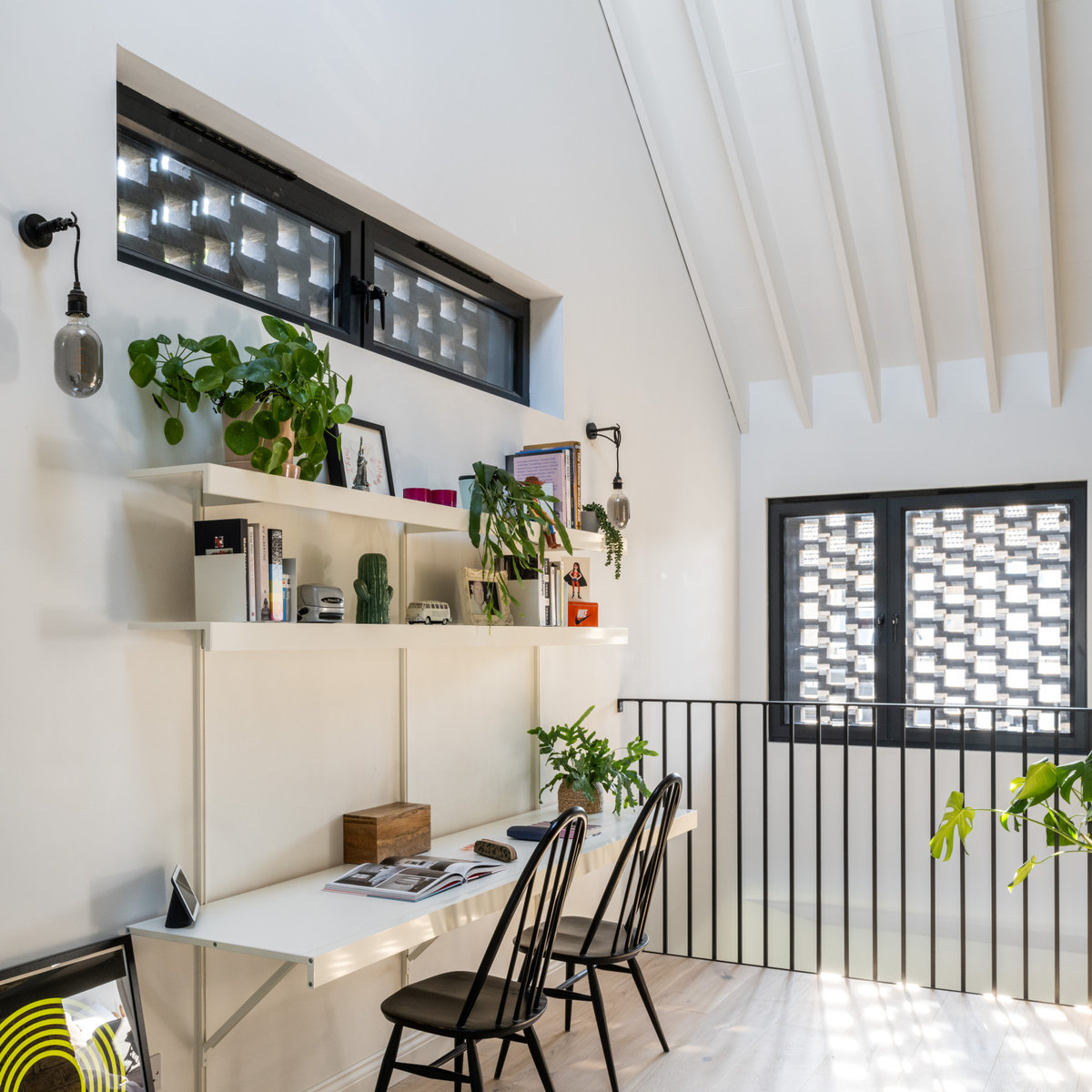7 Things Architects Would Like Builders to Know
Are you a builder who wants to work well with an architect? Read on for some useful tips
Communication between an architect and a builder can be crucial for achieving a successful renovation, but what actually makes a good working relationship? We asked four architects on Houzz to share the most important things they’d like builders to be aware of when working on a project together.
1. Make contact ahead of the project
The key to a positive working relationship is focusing on effective communication from the beginning of a project to the end
Kevin Fellows of The General Architecture Company says the good relationship he has with builders is due to establishing that connection at the outset.
“We would always like a builder to give us a call ahead of starting on site,” he says. “Let’s introduce ourselves and get to know each other. This means our first conversation isn’t in the heat of the moment when something has cropped up on site and you need an answer urgently.”
2. Be there at the planning stage
As part of this early communication, Curtis Martyn of Eohma Architects likes builders to be willing to provide early project experience during the planning stage.
“As a builder, your project experience is invaluable and providing as much information to support our work at the planning stage goes a long way, helping to give insight into project feasibility and construction logistics,” he says.
“It’s always worth properly interrogating the construction drawings before starting work,” Kevin adds. “Is there something you need to know that you don’t? Let’s get to the bottom of that before it’s critical.”
3. Establish a channel of communication
A clear route for gaining information from builders, getting updates and asking questions is essential, according to the architects we interviewed.
“Agree a clear method of communication with the architect from early on to ensure expectations of communication are consistent,” Curtis says. “Perhaps having a dedicated member of your team who can enable quick communication would be valuable, or even a FAQ link on your website with easy-to-digest information could be helpful.”
If you’re a Houzz Pro subscriber, check out the Project Collaboration tools for easy communication between team members. You can upload documents, photos, to-do lists and other information, so everyone is kept in the loop.
4. Let us know before you make any changes
A common issue for many architects is when changes made by the builder have an impact on the overall project.
“Quite often, clients will ask builders to change something as the works progress on-site. It happens, it’s usually fine; it’s realistic that projects evolve to some extent on-site,” Kevin says. “[But] it’s always worth checking any implications before implementing the change. Things have usually been designed in a certain way for a reason. Ask questions first rather than having to change everything later to accommodate an untested tweak.”
“Builders need to be mindful that clients may not fully comprehend the ramifications of changes made on site,” Antonia Bengono of ALNBM says. “Architectural decisions are made with a careful balance of aesthetic design, cost implications, and project coordination in mind. [They] should be aware that their on-site recommendations can significantly alter the overall design and final outcome.”
“A good working relationship means that unexpected items or changes can be approached collaboratively and therefore [result in] well-thought-out solutions,” Darren Murphy of Inner Create adds.
5. Remember, it’s not what you ask, it’s when you ask it
Issues invariably come up in any construction project, and a good architect will be keen to deal with them head-on. However, timing can be crucial when it comes to resolving them.
“There’s rarely an issue that can’t be resolved with some time,” Kevin says. “[However,] most architects are very busy, and if you need to know something or need something doing, it’s unlikely we can drop everything straight away without disappointing another client or another builder. Give us a reasonable time frame and we’ll get to the bottom of it.
“There are often different ways of achieving the same outcome in a construction sense,” he adds. “This is usually fine, but let’s have that conversation before materials need to be ordered.”
6. Share knowledge of material and labour costs
A builder’s know-how is invaluable when planning a project, say the architects we spoke to.
“As a builder, you have a wealth of up-to-date knowledge of the construction industry, including changing prices of materials and associated costs of construction,” Curtis says. “By providing early input on a project, you can assist architects in making more effective decisions in relation to project scope and specification from the outset and help to save clients costs throughout the project lifecycle.
“Providing a clear project programme also helps architects to make the best decisions when confirming the specification of items to procure or manufacture, as well as avoiding delays,” he adds.
7. Update everyone on rules and regulations
Architects value on-the-ground knowledge of new regulations as well. “The terrain of compliance within the construction industry is becoming more involved and greater responsibility is falling on architects to ensure compliance in design,” Curtis says. “In this context, having in-depth, experience-based awareness of how compliance is achieved within the updated regulatory framework will set you apart as a builder of choice.
“As a builder, being proactive in understanding how to comply with the latest Building Regulations will add substantial value, during both the design and construction stages,” he adds. “In addition, being up to date with recent changes in Construction Design and Management (CDM) Regulations and providing a robust health and safety file with the Operations and Maintenance (O&M) Manual is crucial.”

